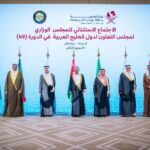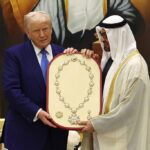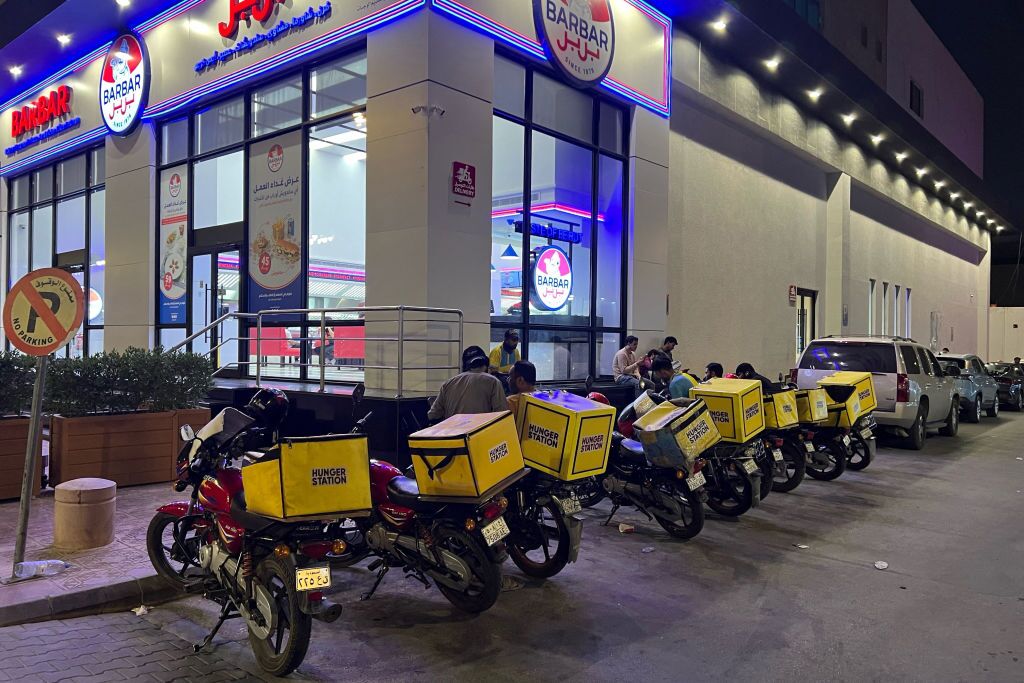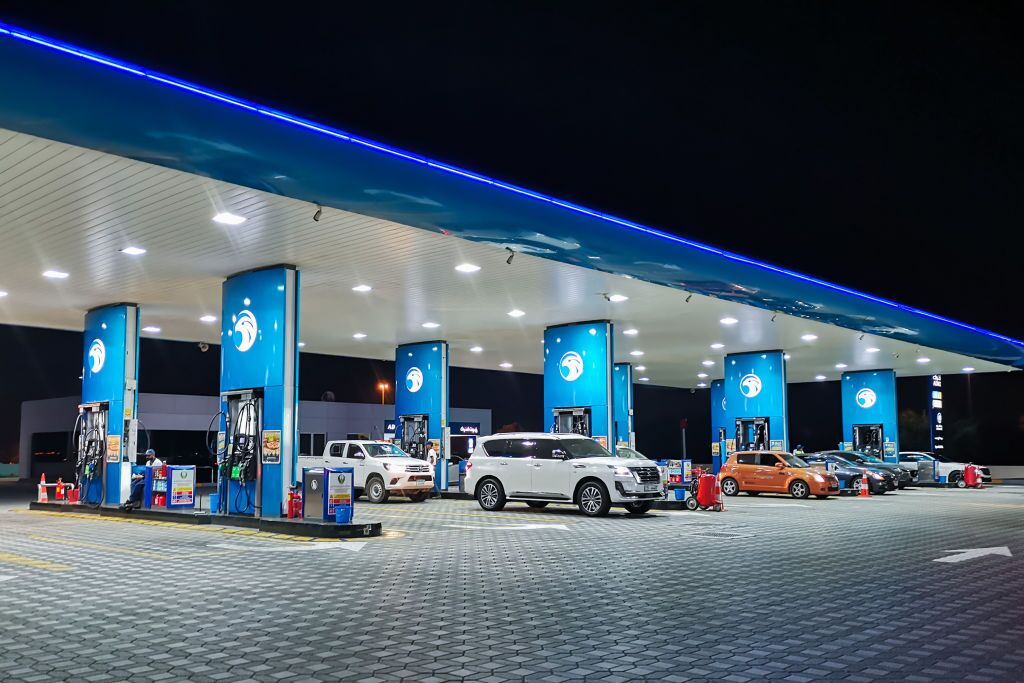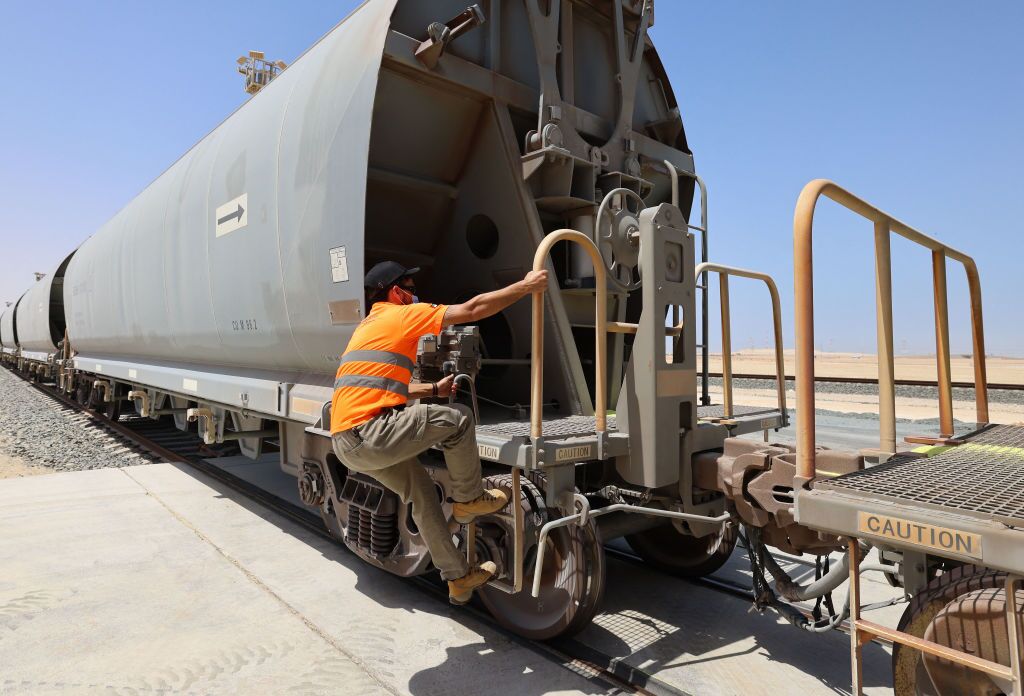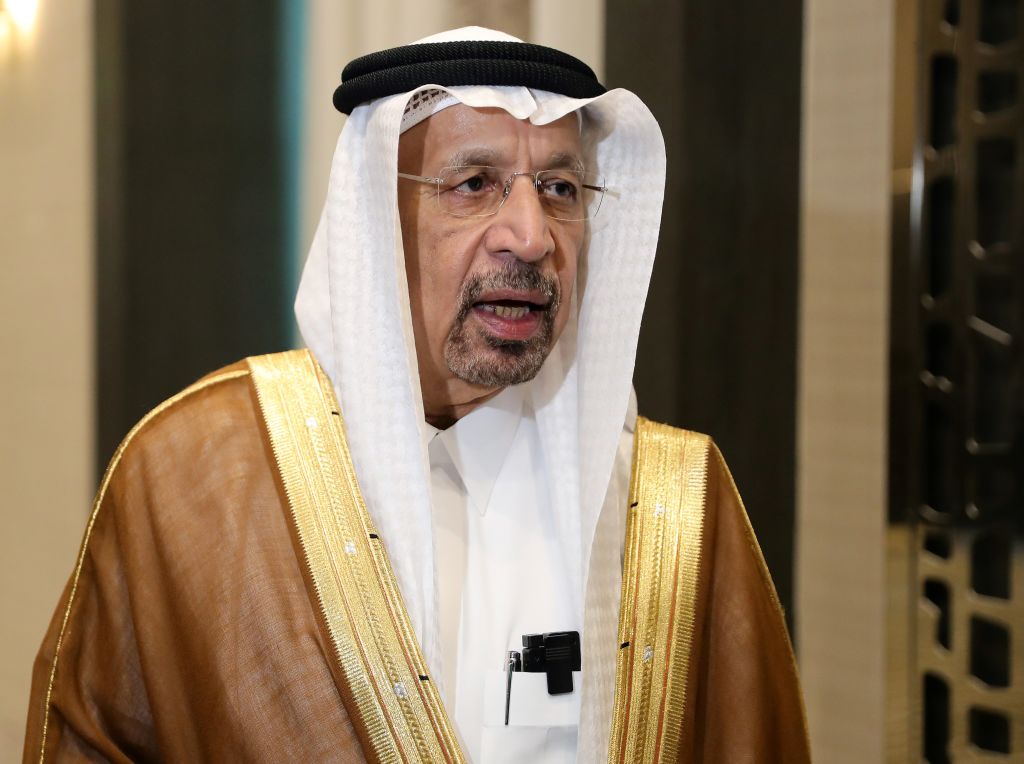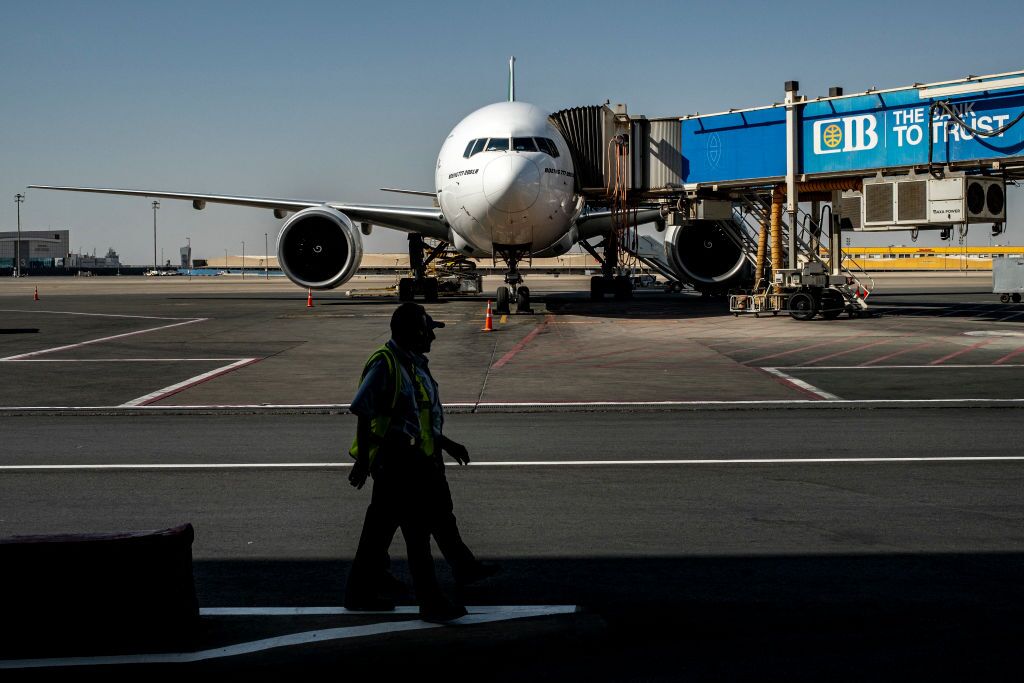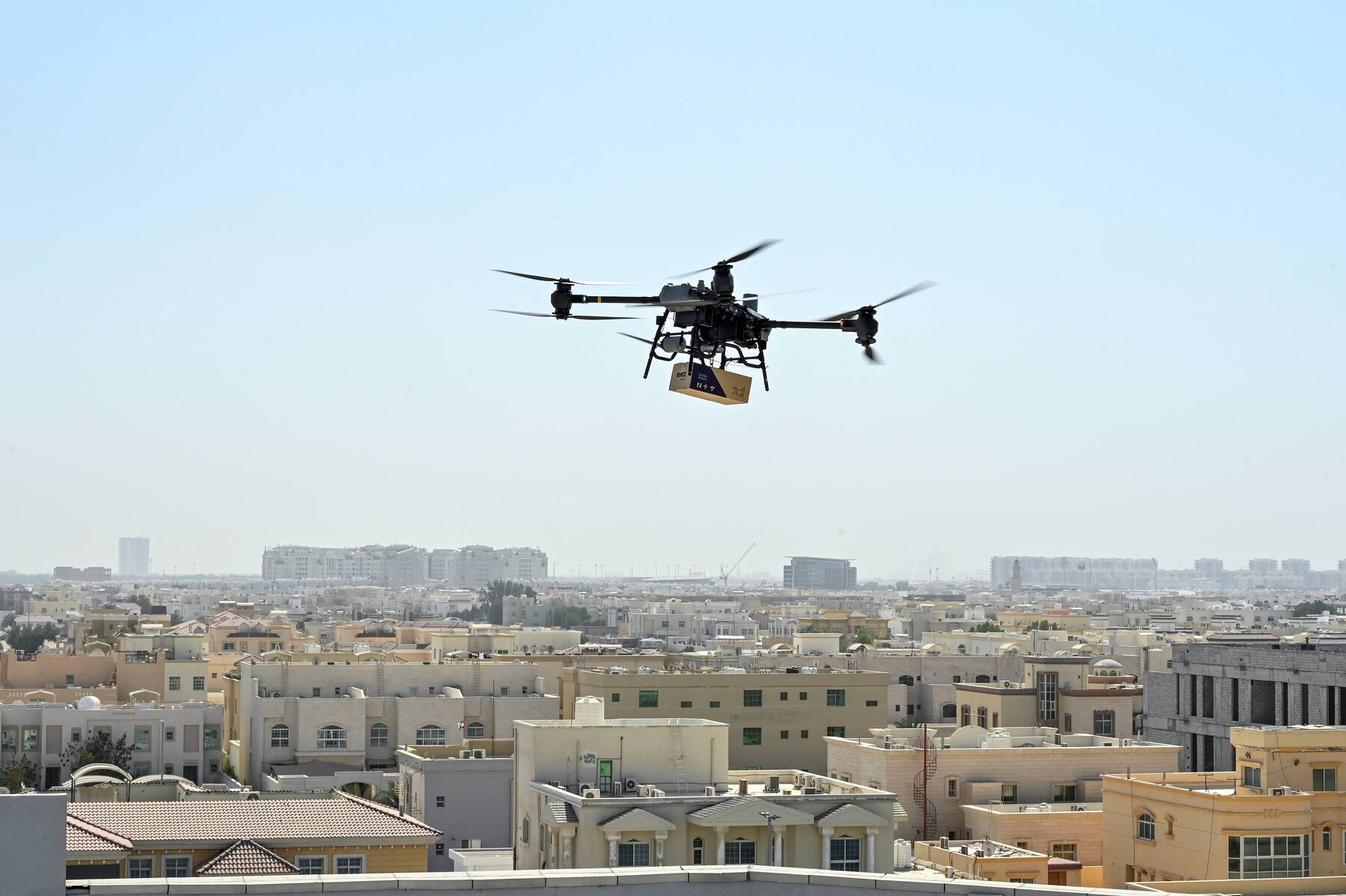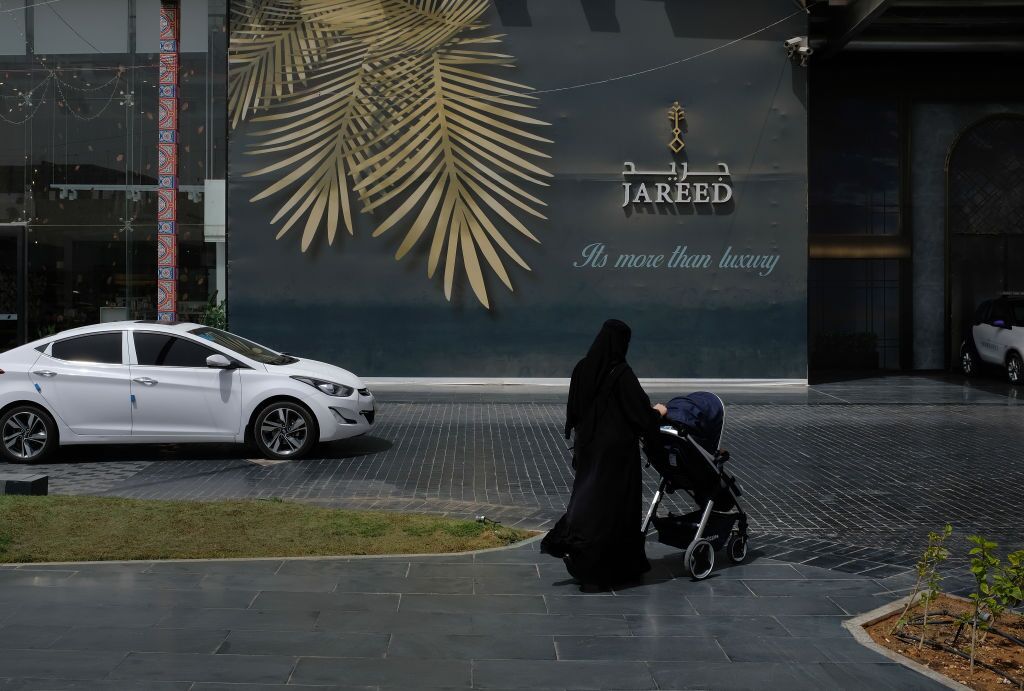London-based Professional Triathletes Organisation raised funds from Warner Bros. Discovery and San Francisco's Cordillera Investment Partners

Bob Kupbens/Icon Sportswire via Getty Images)
Sam Laidlow of France, Kyle Smith of New Zealand and Daniel Baekkegard of Denmark celebrate after the Professional Triathletes Organisation's T100 Triathlon at London Docklands on July 28, 2024
Saudi Arabia’s sovereign wealth fund is looking to further broaden its interests in professional sports after becoming a global power in competitions ranging from golf and soccer to mixed martial arts.
SURJ Sports, an investment arm of the kingdom’s Public Investment Fund, is in talks to invest in the organizers of the T100 Triathlon World Tour as part of plans to grow the series, Bloomberg reports.
The Saudi fund is negotiating with the London-based Professional Triathletes Organisation and it’s unclear how much SURJ will invest, the news agency said.
The PTO aims to turn triathlons into a professional sport. Last year, it launched the T100 Triathlon World Tour, which covers a total distance of 100 kilometers (62 miles), including an 80-kilometer bike ride, an 18-kilometer run and a 2-kilometer swim.
Cordillera Investment Partners, a San Francisco-based investment fund, invested $10 million into the PTO in March, Bloomberg reports. Other investors in the PTO include Warner Bros. Discovery.














